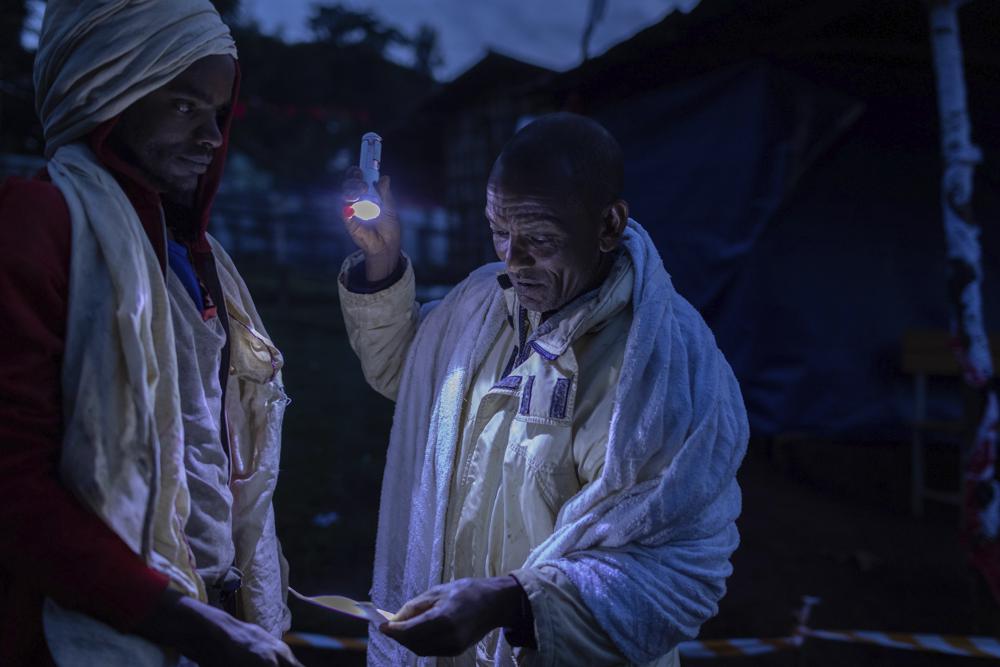

Ethiopians voted Monday in a major test for Prime Minister Abiy Ahmed, whose rise to power initially seemed to signal a break with decades of authoritarian rule but who has since waged war in the Tigray region and whose party has been accused of election abuses.
The parliamentary election, delayed from last year, is the centerpiece of the promised reform drive by Abiy, the 2019 Nobel Peace Prize winner, and he has described the poll as “the nation’s first attempt at free and fair elections.”
But international concern has been growing about the vote, and opposition groups have accused Ethiopia’s ruling party of harassment, manipulation and threats of violence that echo abuses of the past. One opposition leader still said he hoped the election would come off with only minor problems, but some prominent opposition parties are boycotting the election, notably in the country’s most populous region, Oromia. Others say they were prevented from campaigning in several parts of the country.
In more than 100 of the country’s 547 constituencies, polls are not even open — either because of the ongoing war in the northern Tigray region or logistical issues elsewhere. No date has been set for voting in Tigray’s 38 constituencies. The rest will vote in September — and the next government likely won’t be formed until that happens.
Abiy, whose party is widely expected to cement its hold on power, is also facing growing international criticism over the war in Tigray, sparked in part because the region’s now-fugitive leaders objected to Ethiopia postponing the election last year amid the COVID-19 pandemic.
On Monday, long lines of voters were seen in some parts of the capital, Addis Ababa, while security was stepped up across Africa’s second-most populous country. Military vehicles were parked in key locations in the capital. More than 37 million Ethiopians were expected to vote, and one noted the wide range of candidates running.
“Last time we didn’t have a choice, but this is totally different,” Girmachew Asfaw said.
But another resident of the capital, who gave only his first name, Samuel, said he wouldn’t be voting. “Two or three years ago I would have voted for Abiy, but now there are a lot of troubles in our country,” he said.